In our Legally Consumed podcast episode featuring Craig Douglas from Nationwide Research Group, Craig uncovers the truth behind stopping bootleggers, spotting fakes and strengthening Australian borders against counterfeit products. This blog post delves into how counterfeit products are affecting the Australian consumer products industry and what the Australian government can do to help.
Stopping Professional Bootleggers
One career that most people haven’t heard of is professional bootlegging. For every sporting event or concert held, multiple types of counterfeiting and fraud will take place. Part of an investigator’s role is going to these events to identify counterfeit products such as merchandise and stopping bootleggers from selling them. The first example that Craig looks out for is ticket scalping, where individuals will place a sign saying “tickets wanted” hoping that people will have spare tickets that they’re willing to sell cheaply. The individuals then take these tickets and go to a gate and sell them for an inflated price, ripping off the consumers.
The second example of fraud that generally occurs after the event is the selling of fake merchandise. Craig explains that it’s easy to spot when someone has started selling these products as the previously moving crowd will stop and gather in one spot. While selling fake t-shirts may not seem like a big deal, the income from merchandise sales can reach over one million dollars per concert depending on the number of attendees.
Spotting Fakes in the Marketplace
The most common question that Craig gets asked is how do you spot a fake from a genuine product? In the episode, he points out that in most cases, the more expensive a product is, the more likely that will be counterfeited. He then explains the 3 simple ways to tell if goods are genuine: price, appearance and location.
- When looking at the price, he recommends comparing the price being offered to the average retail price of that good and if it seems too good to be true, then it might be a fake.
- The appearance of the product should be correct and should look the same as if you bought it from an authorised store and should have all the right tags.
- Lastly, the location of purchase should be legitimate. Craig explains that if you’re buying it from a guy outside an event at night, it’s more than likely that the goods are fake.
With the rise of e-commerce, consumers are also at risk of buying counterfeit goods online. Commonly, counterfeiters will lift the product images from the genuine brands’ websites or take a picture of a genuine product and then ship out the non-genuine goods. Craig gives examples of counterfeit fish sauce, beer, handbags, automotive parts and underwater GPS trackers as just a small fraction of the fake products he’s seen. He warns that oftentimes it’s up to consumers to be vigilant and determine whether or not the goods are real.
Prosecuting Counterfeit Goods
When it comes to anti-counterfeiting measures for goods coming into Australia from overseas, the Australian Border Force (ABF) has a good track record when it comes to stopping imports of counterfeit goods. Craig estimates that although only 2-3% of fake goods get seized, it’s because most of the ones that get over the line often come from trusted importers and previous shipments, or don’t appear fake in any way. In this scenario, the State Police can’t assist the Australian Federal Police (AFP) or Border Police in locating the buyer either. Only the AFP has jurisdiction over the seizure and prosecution of these crimes.
This means that if, for example, a shop in Victoria is found selling fake versions of cigarettes, the seller or business owner would either be sent a cease and desist letter from a lawyer or a customer may lodge a complaint with Consumer Affairs Victoria or The Australian Competition and Consumer Commission. The latter option requires following a lengthy process before taking any legal action. Craig highlights that this is one of the most challenging aspects of his job and says changing the law to allow the AFP to assign powers to the State Police and giving the States the legal power to seize products, arrest and charge counterfeiters would make his job a lot easier.
To find out more about Craig Douglas and Nationwide Research Group, tune into our podcast, Legally Consumed where we explore the consumer products space. Keep up to date with new podcast episodes by following us on Apple Podcasts, Google Play or Spotify.
LinkedIn: https://www.linkedin.com/company/cie-legal/
Instagram: https://www.instagram.com/cielegal/
Email: info@cielegal.com.au


